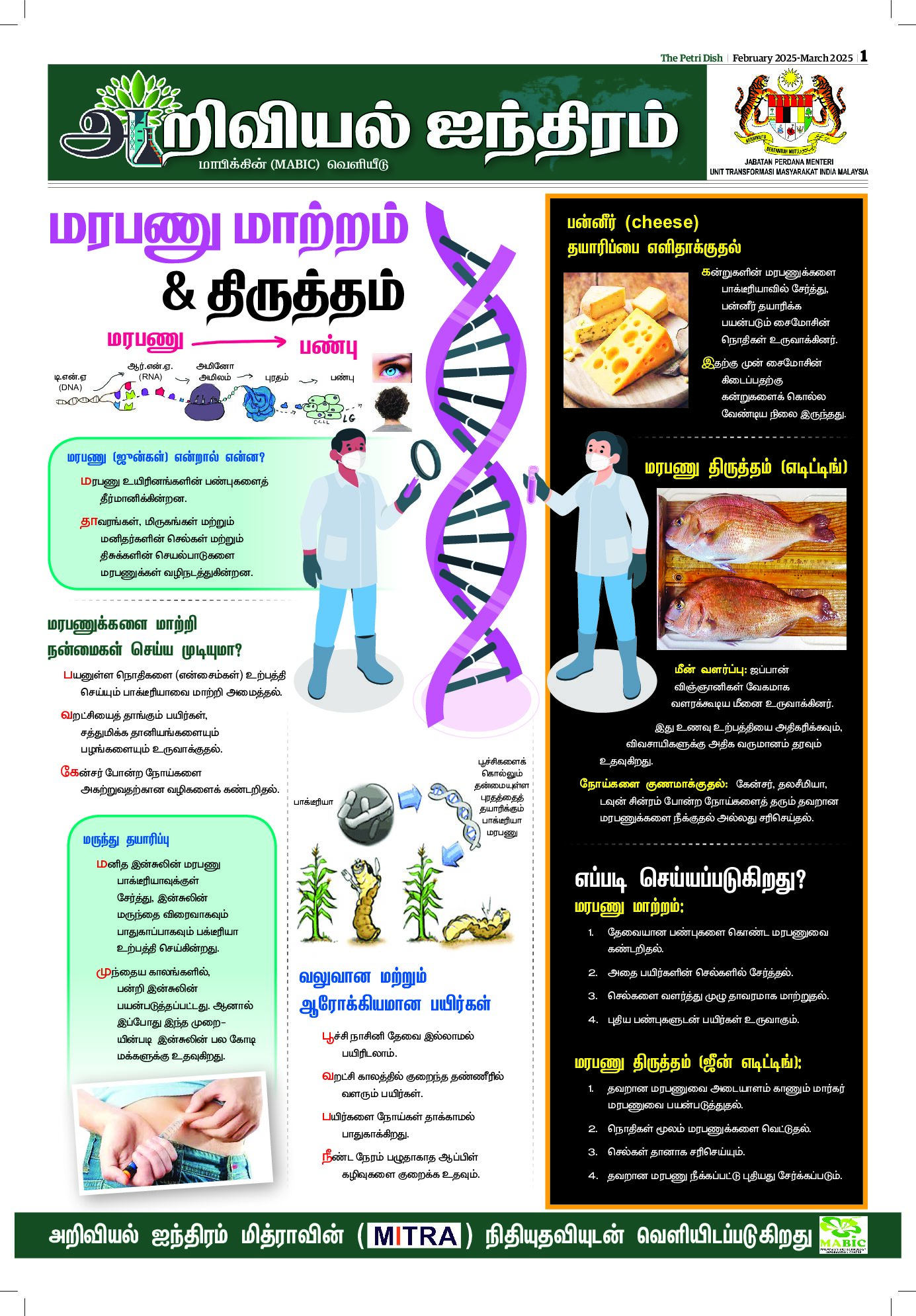RESEARCHERS from the Boyce Thompson Institute (BTI) and Cornell University have completed the first study that provides a comprehensive picture of changes in gene expression in response to water stress in tomatoes and identified genes that could help plant breeders develop fruit that can cope with drought conditions.
Led by BTI Assistant Professor Carmen Catalá, who is also a research associate in the School of Integrative Plant Science at Cornell and Philippe Nicolas, a postdoctoral researcher in Catalá’s lab, the team identified a number of genes that are involved in water stress response in tomatoes. “We can now begin to select candidate genes that could help breeders develop fruit that can adapt to drought conditions, and not just tomatoes but also grapes, apples, and fleshy fruit in general,” said Catalá.
The research team looked at gene expression in tomato leaves and six fruit organs, including pericarp, placenta, septum, columella, jelly, and seeds, at two different periods (growing and ripe fruit) and under four different water stress conditions (none, mild, intermediate, and strong). They found that each of the fruit organ tissues changed in unique ways over time.
According to Catalá, less than 1% of the expressed genes affected by water stress were shared among all six fruit tissues, and more than 50% of the affected genes were specific to a single tissue. They also found that mild drought brought some positive effects. For example, water stress increases the amount of lycopene in ripe tomatoes. Water-stressed fruit also had higher levels of starch biosynthesis, which could yield sweeter tomatoes.










